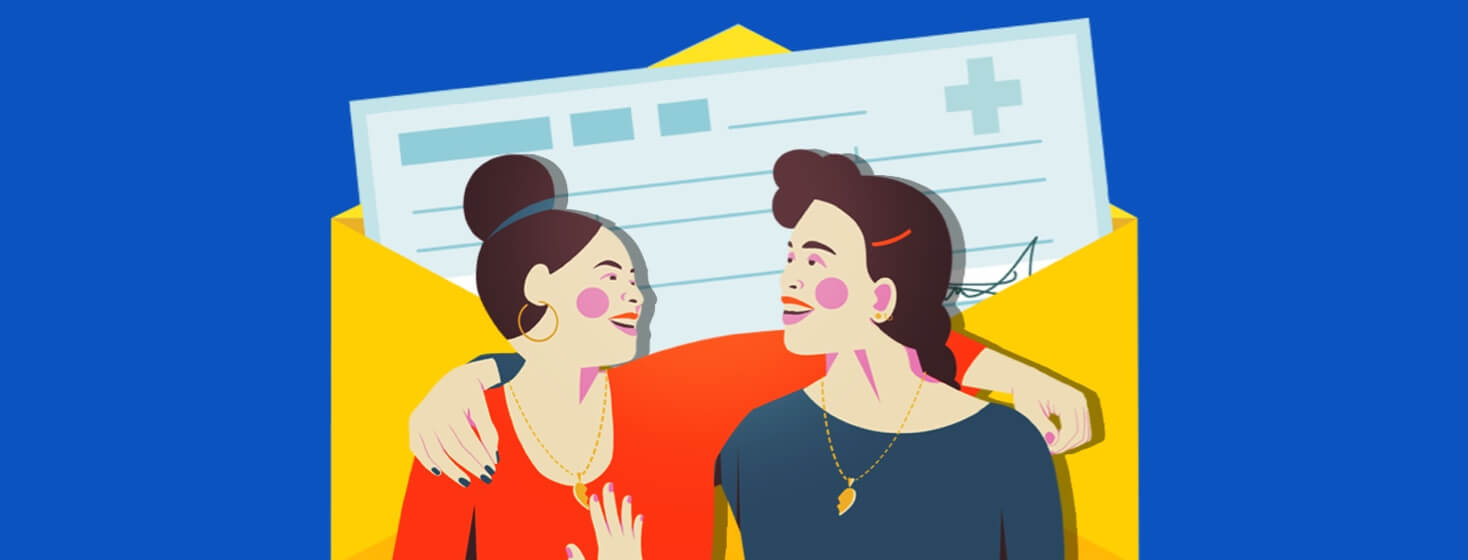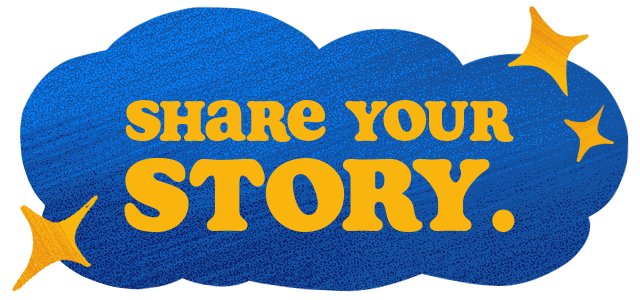The Emotional Toll of Being on Disability Benefits
The first time I ever thought of my worth in terms of a dollar amount was the first time I set foot in my county's early psychosis center.
As my therapist guided my crying mother and I around the posh facility, I realized I was taking a mental note of how much everything must be costing my county's taxpayers: the loaded snack closet, the cushy chairs and weighted anxiety blankets, and of course, the specialized therapists, psychiatrists, occupational therapists, career counselors, peer counselors, and substance use counselors.
"No clients are ever billed for our services," my therapist told me with a smile as we sat down for my intake. My stomach dropped. Am I worth all this, I thought, if I can never work again?
Not being able to work
I shuddered as I remembered the deal I'd made with myself in the shower a few days after the end of my 10-month bout of psychosis. It was a short shower, since I couldn't shave. My mom had taken my razor out of the shower because she was worried I'd use it for self-harm.
You're going to give this a shot, and if it doesn't work out – if you can never work again – it's fine, I told myself. You can always just kill yourself.
Disability benefits with schizophrenia
This is the emotional toll of being on disability benefits: It feels like the government is quantifying your inherent worth, and it's not a lot. The average monthly social security disability insurance payout is $1,537.1
But before schizophrenia, I'd earned nearly 3 times that. When I received my first disability check, I felt like I was officially only a third of the person I used to be. I don't think the average person can even begin to understand how that feels.
Some people seem to think being on disability benefits is a paid vacation, like the friend who remarked, "But... working sucks," after I'd said, "I'm really going to savor working full-time again."
Not being able to work doesn't feel good
Others, like my therapist at the early psychosis center, implied I was ungrateful for feeling upset about not being conventionally successful anymore.
I once told her, "I can't believe I'm 24, single, living at home, and working the same part-time job I had in college."
Her reply? "You know, a lot of kids who get this disease never get to move away from home or go to college." This woman had a master's degree, something that at the time no one believed I would ever be able to earn. In fact, I had tried to apply to grad school against medical advice a couple months earlier, but the stress of the applications alone had sent me into a relapse.
My dreams were dead. And she wanted me to be grateful for a now-useless college degree.
Losing my job because of disability leave
Due in large part to the privilege I had as a white woman with affluent parents, I managed to beat the odds and work full-time for 2 years before my schizophrenia put me out of work again. Then my employer laid me off after I took more disability leave than they could reasonably allow.
The only time I cried during those difficult conversations was when they told me I'd probably qualify for long-term disability benefits.
My disability cost me my job yet again. This time, though, I wasn't alone.
Needing support from people who get it
The first time I was unemployed due to my disability, I didn't know anyone like me. The only "support" I had came from my checked-out therapist and condescending, unsympathetic psychiatrist at the early psychosis center. I asked my therapist where I could meet other people like me, but she had no suggestions. It never occurred to me to attend a support group.
But the second time around, I'd already been attending mental health support groups for years, and my psychiatrist put me in a day program for people out of work for mental illness. I was therefore able to connect with lots of people who struggled in similar ways.
This or That
How do you feel about support groups?
Making friends with schizophrenia
I made tons of new friends that year, but the new friend I felt the most kinship with was Lisa. She also had schizoaffective disorder and recently had to confront her professional limits in light of her diagnosis.
Friends who are on disability benefits together, stay together. Lisa and I have both since returned to work, but the pressures of being a professional with a disability still weigh on us both. In those moments, we reach to each other.
My worth is not dependent upon my output
Now that I have Lisa, I have a friend who will always remind me that my worth is not dependent upon my output. A lot of people say things that effect to me. But those people are by and large employed and able-minded. With Lisa, it just means something different.
When I was in psychosis for 10 months, I spent a lot of time talking to myself on the street, just like the schizophrenia stereotype. In those moments, I often pondered the meaning of life. My conclusion? It's not about how much money or power you have, but how much love you give and receive.
Disability benefits or not – it doesn't define my value
I know a lot of people with schizophrenia never get to work. If you’re reading this and you're on disability benefits, know that you add so much value to the world just through the love you have to give.
Our community is lucky to have you, and you are setting a wonderful example for anyone with schizophrenia by seeking support and contributing to the community on this website.
You are not defined by the benefits card in your wallet. You are defined by the love in your heart. Thank you for choosing to give that love back to those with schizophrenia by joining our community.

